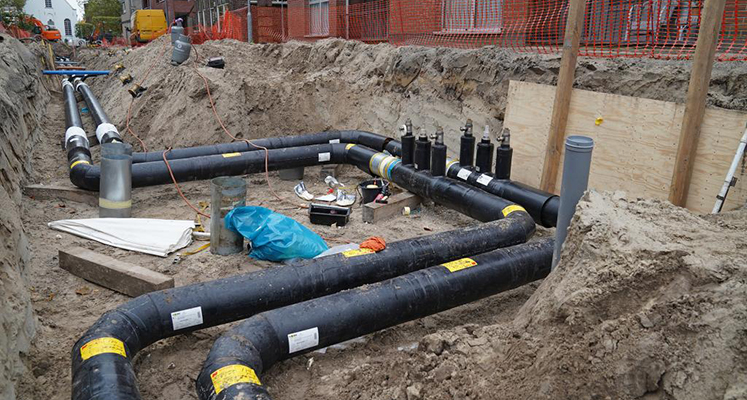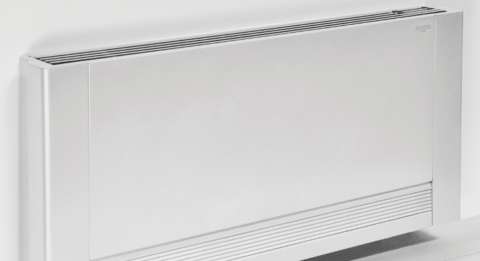Minister Jetten (Climate) is working on an emergency law that will impose stricter rules on district heat prices from January 2025. In the meantime, it is up to local governments, housing corporations and energy providers to ease the financial burden on households.
In several cities, residents are struggling with high bills for district heat, and housing associations are reluctant to switch to heat networks due to the high base cost. Climate and Energy Minister Rob Jetten (D66) has proposed an emergency bill to reduce costs for consumers.
In Amsterdam, housing associations have decided to stop connecting new homes to district heat, a move that goes against the city's goal of completely getting rid of natural gas by 2040. The decision came after a significant increase in fixed charges by energy supplier Vattenfall led to an annual cost increase of about 600 to 800 euros for tenants, contradicting earlier promises.
The emergency bill will soon be debated in the House of Representatives, with the expectation that from January 2025 the financial burden on residents will be reduced. The government recognizes that price increases in large cities are problematic and is seeking a temporary arrangement to mitigate the impact.
Until the new law is introduced, it is hoped that mutual agreements will be made between housing associations, municipalities and energy suppliers to deal with price increases in an equitable manner. This is especially important because with district heating, consumers do not have the freedom to switch providers as with gas.
District heating is seen as an essential sustainable alternative to gas, with half a million Dutch homes already connected to heat networks. The focus now is on reaching an agreement between corporations, energy suppliers and the City of Amsterdam to reduce costs for social tenants, after previous attempts failed. A new attempt will be made soon.












